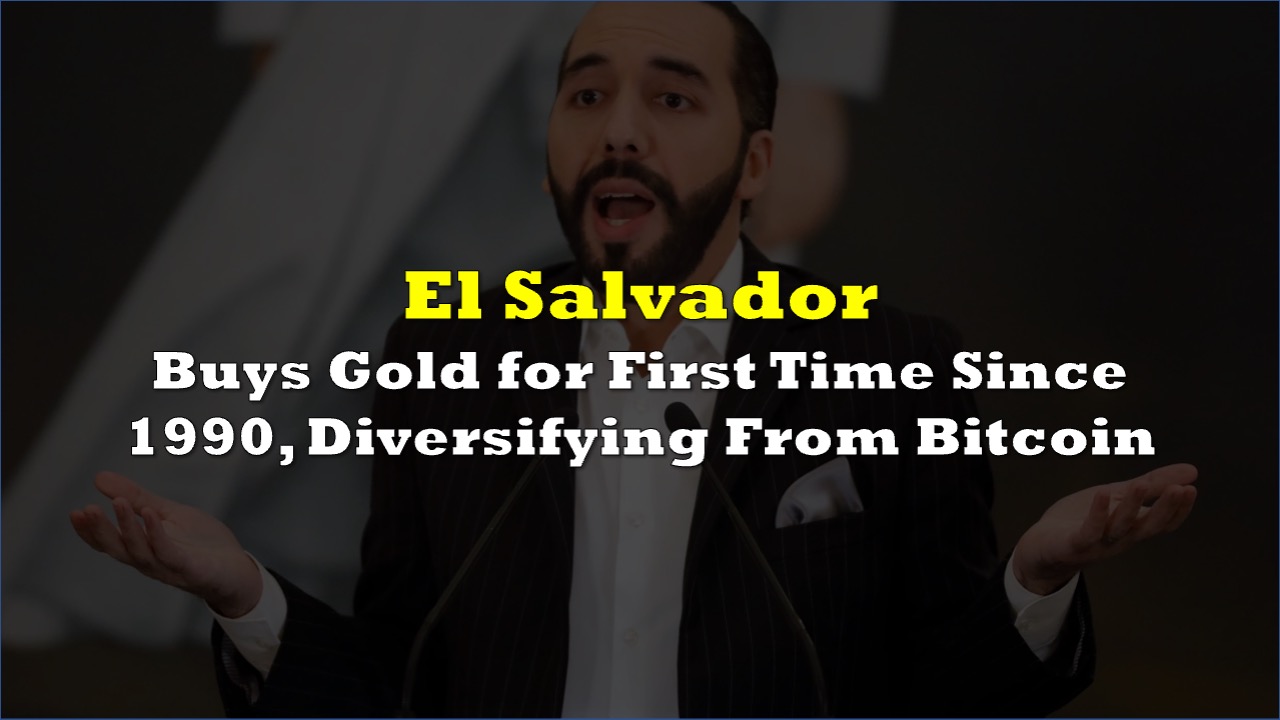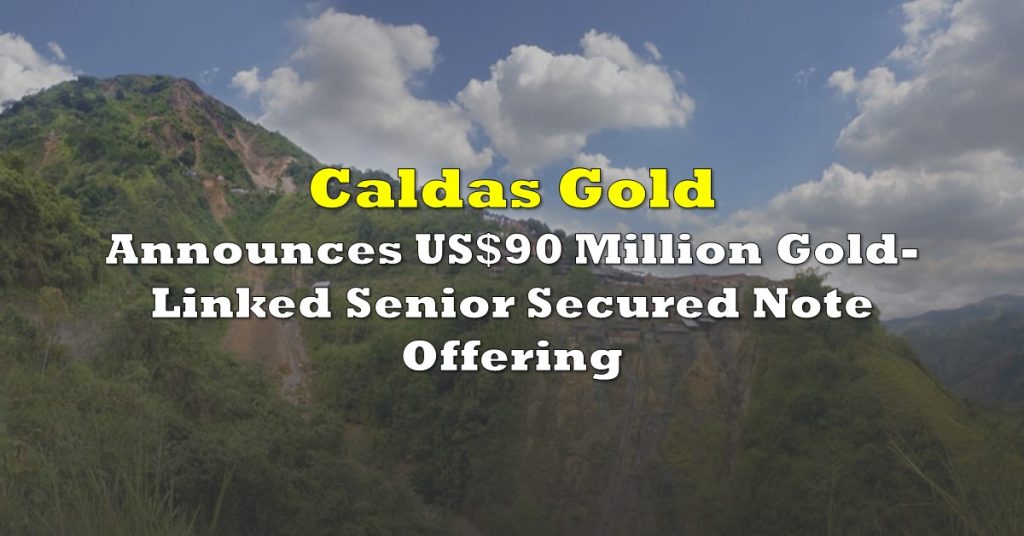El Salvador’s central bank purchased $50 million worth of gold in early September — the country’s first acquisition of the precious metal since 1990, as it seeks to diversify its international reserves beyond its volatile Bitcoin holdings.
The Central Reserve Bank of El Salvador bought 13,999 troy ounces of gold, increasing the country’s total gold reserves by about 32% to 58,105 ounces, now valued at approximately $207 million, the bank announced last week.
JUST IN: 🇸🇻 El Salvador buys $50,000,000 worth of Gold. pic.twitter.com/XXq8SSwijg
— Watcher.Guru (@WatcherGuru) September 4, 2025
The purchase comes as gold prices have surged to near-record highs of around $3,600 per ounce, a more than 36% increase this year driven by strong central bank demand worldwide.
El Salvador’s net international reserves have grown to $4.7 billion as of July 2025, up from $3 billion in the same period last year. About $700 million of those reserves remain in Bitcoin, which the country has been accumulating under President Nayib Bukele.
The gold acquisition is a strategic shift toward balancing the country’s cryptocurrency exposure with traditional reserve assets. The move follows as central banks around the world have collectively purchased over 1,000 tons of gold annually in recent years.
It also follows El Salvador’s agreement to halt government Bitcoin purchases as part of a $1.4 billion International Monetary Fund loan approved in February 2025, which required the country to limit official cryptocurrency activities.
The IMF agreement included “program commitments” to “confine government engagement in Bitcoin-related economic activities, as well as government transactions in and purchases of Bitcoin,” steering the country toward more traditional reserve assets, such as gold.
“The implementation of this strategy is possible thanks to the strengthening of the Central Reserve Bank’s assets in recent years,” the bank said in a statement, crediting policies implemented under Bukele’s administration.
Information for this story was found via the sources and companies mentioned. The author has no securities or affiliations related to the organizations discussed. Not a recommendation to buy or sell. Always do additional research and consult a professional before purchasing a security. The author holds no licenses.









